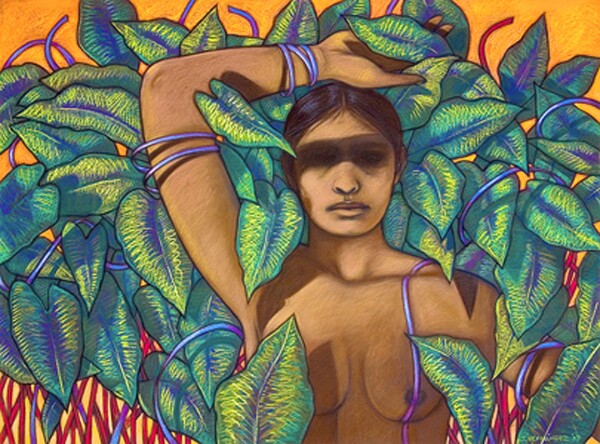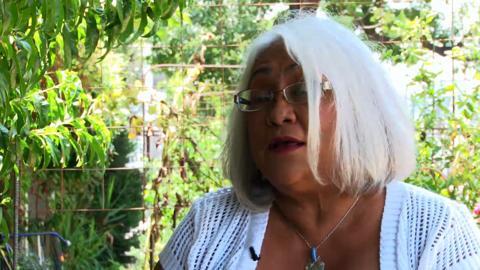Yo Soy Chicana: A Chicana Feminist Movement
Social upheaval dominated the 1960s and 1970s as newly mobilized communities fought for equality in the U.S. As domestic protests against the Vietnam War increased, civil rights organizations would win important political battles against institutional racism, while "Second Wave" American feminism would emerge from its infancy as a full-fledged movement. The Chicano movement gained similar momentum during this moment, but within it many women felt their unique identity - both intertwined with their brothers in struggle, but specifically distinct as Chicano women - was being ignored. A Chicana feminist movement galvanized in reaction to the complexities of Latina empowerment, often facing resistance from male Chicano leaders and organizers.
While many forms of gender inequality exposed by mainline American feminism were relevant to women of color, overall the race and class experiences of white and brown women did not correlate. White feminists enjoyed access to racial privileges and simply did not speak to the injustices experienced by women of color. Moreover, they often failed to define themselves in terms that positively or proactively involved men, while many Chicanas remained invested in the struggles of the men in their community despite the patriarchy of traditional Mexican-American culture. Rather than acceding to the common request that they wait their turn, Chicana feminists saw that the sexism within the Chicano Movement intersected with racism in the larger society, and made addressing both simultaneously as a central component to their ideology.

The Comisión Femenil Mexicana Nacional was formally established in 1973 to address political and economic issues affecting Latino women throughout the nation, including longstanding assaults such as forced sterilization. In Highland Park, female artists involved in male-dominated collectives eschewed idealized images of maids and over-sexualized iconography and began painting Latino women as they appeared in reality - applying makeup, holding a child, or in feminine forms with realistic proportions.
Being a Chicana Feminist
Empowering Latino Women
Conditions for Producing Chicana Art

Being a Single Mother